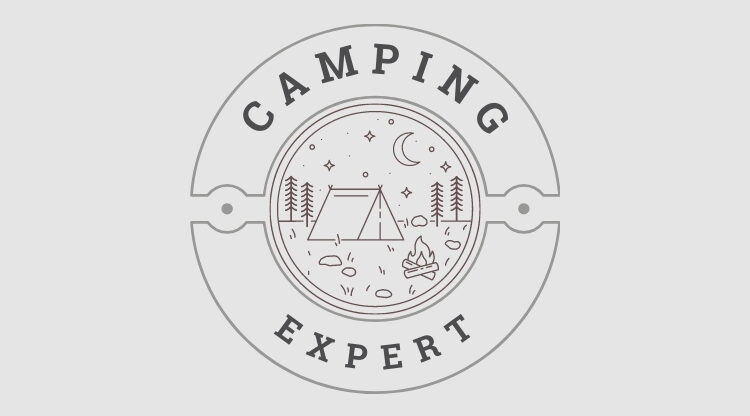You might have thought that our national parks were simply areas to visit. But they’re also places where you can stay, with campsites, wild camping, and even camping barns and lodges for guests. This lets you enjoy a whole holiday in the parks with some stunning views and a chance to truly enjoy Britain’s greatest natural resource.
There’s a great variety of sites in the parks, each with something to offer, and the prices are very reasonable, making for a budget trip – something everyone can always use.
Camp Sites
Camp sites in national parks range from the very basic idea of simply pitching a tent in a friendly farmer’s field to camp grounds that offer all mod cons and even welcome caravans. Finding what suits you best can prove to be the toughest challenge.
Most of the parks have several professional camp sites available, ranging from the recycled vintage caravans of the North Yorks moors to a place in the Brecon Beacons that also has free Wi-Fi, for those who just have to stay in touch.
You’ll discover that many of the camp sites are close to attractions that will appeal to the entire family, whether it’s a National Trust property, fishing, boating, or horse riding. Wherever you stay you’re guaranteed good hiking. The only problem with many of these sites is that they fill up quickly, so you’ll need to book well in advance for the time you want.
Those are the commercial camp grounds. Additionally, all across the parks farmers rent out field space to those who want to really rough it. It’s as basic as wild camping, but with the knowledge that there’s a house, and probably a barn, close by in case of truly foul weather (which is always a possibility in Britain).
Wild Camping
Wild camping isn’t allowed in all the National Parks. Some welcome it, and it’s perfectly legal in Scotland. Other parks do have specific areas for wild camping, while some discourage it, such as in the Peak District, where fires can easily set the peat burning with disastrous consequences.
Remember that much of the land within the system is actually in private hands, so you will need the landowner’s permission for wild camping. Even when you’re on common land that doesn’t automatically confer camping rights, as it’s common grazing land, and the livestock come first. Don’t interfere with that.
In many cases farmers will happily grant the right to camp on their land, although they might have some restrictions you should follow carefully. Failure to do so could lead to future campers being denied permission.
Camping Barns
Camping barns are an idea that’s slowly creeping into the National Park system. It’s a step up from camping but not quite a Youth Hostel. Quite simply, it’s a place to sleep indoors. You’ll need to bring your own sleeping bag and there’s a place, a sleeping platform, for it. There’s also hot and cold water, but that’s it for the amenities, and the price reflects its basic quality. To date only the Lake District has these facilities (currently 15 of them around the park).
There are Youth Hostels in the parks and these offer a wider range of facilities. As they’re very popular you’ll need to book ahead, often months ahead, to secure a bad. On top of that, the National Trust has facilities called pods at some places, often within the parks. These are very similar to camping barns but not as well known, although worth investigating.
So avoid the bed and breakfast places, as charming as they might be, and bring yourself and your family closer to nature by spending several days in the National Parks. Everyone will love it, and your wallet will be happy, too.
